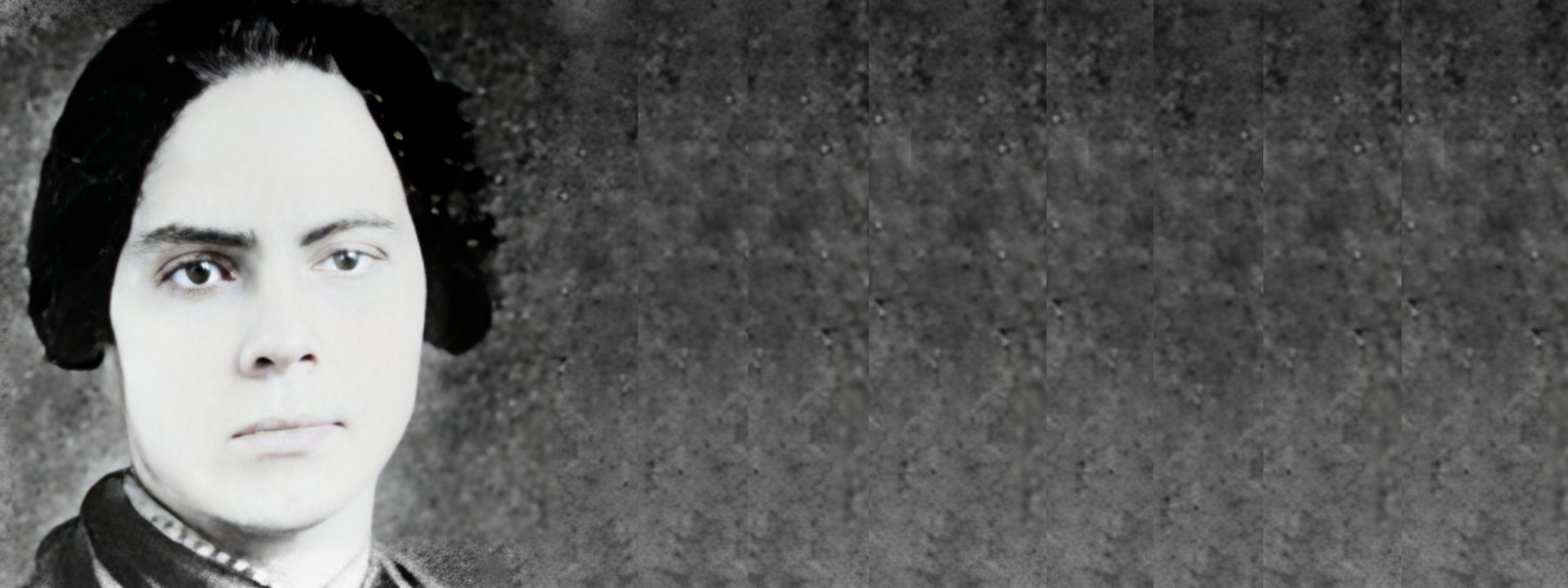
Mary Ann Shadd Cary October 9, 1823- June 5, 1893
October 1823 – June 1923
Mary Ann Shadd Cary did not hesitate. When famed abolitionist Frederick Douglass asked readers of the North Star for suggestions on how to improve life in the U.S., she promptly penned, “We should do more and talk less.”
Cary’s first published words at 25 would not be her last. Her letter, published in the North Star, would reverberate.
“We have been holding conventions for years — we have been assembling together and whining over our difficulties and afflictions, passing resolutions on resolutions to any extent,” she wrote. “But it does really seem that we have made but little progress considering our resolves.”
Cary lived in a nation of stark contrasts. The eldest of 13 children born in Delaware to free Black parents active in the abolitionist cause, her life was relatively privileged. But Black children couldn’t attend school in the state, so the family moved to Pennsylvania, where she and her siblings could get an education. Cary became a school teacher.
The 1850 Fugitive Slave Act would redirect her steps again. Shadd Cary and other family members fled to Canada. Believing she could fight the abolitionist cause more ably across the border, she published pamphlets promoting Canada as a haven for formerly enslaved people.
Shadd Cary became the first Black woman publisher in North America and the first woman publisher in Canada when she launched the Provincial Freeman in 1853. The credo: “Devoted to antislavery, temperance and general literature.”
Shadd Cary’s zest for truth-telling never wavered. She called out the contradictions of white abolitionists who opposed slavery, yet decried integrated schools. These same “allies” supported refugee associations who collected funds for fugitive slaves but were indifferent to the plight of impoverished free Blacks.
Cary returned to the states during the Civil War and helped recruit Blacks in the Union Army. After the war, she established a school for children of the formerly enslaved in Washington, DC, and earned a law degree from Howard University.
Embracing the suffrage cause, Cary petitioned the House Judiciary Committee for the right to vote in 1874. “As a colored woman, a resident of this district, and a taxpayer.” she enjoyed only a portion of the rights of her male counterparts.



